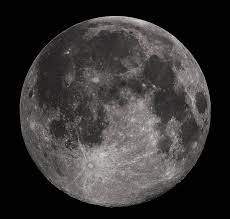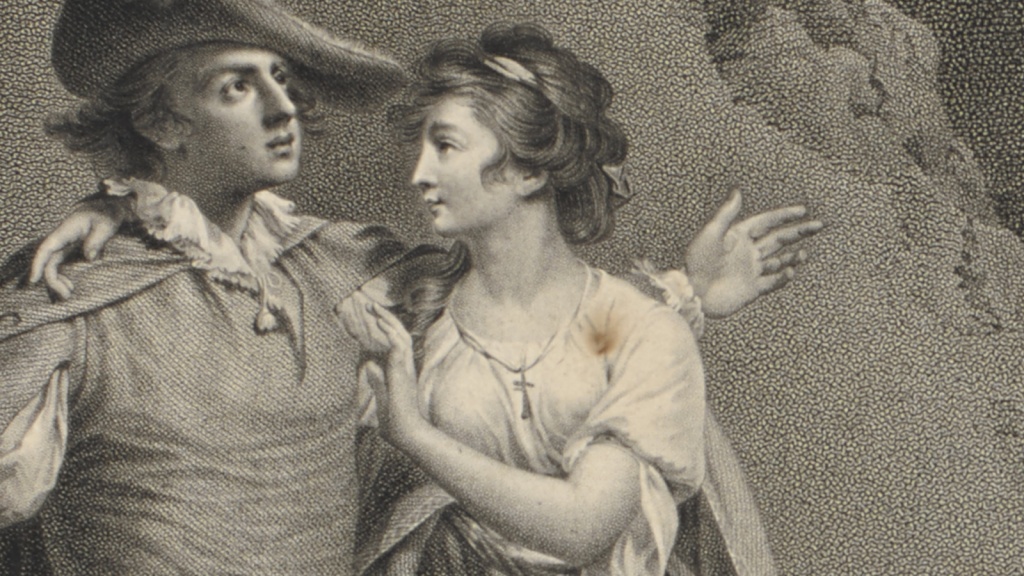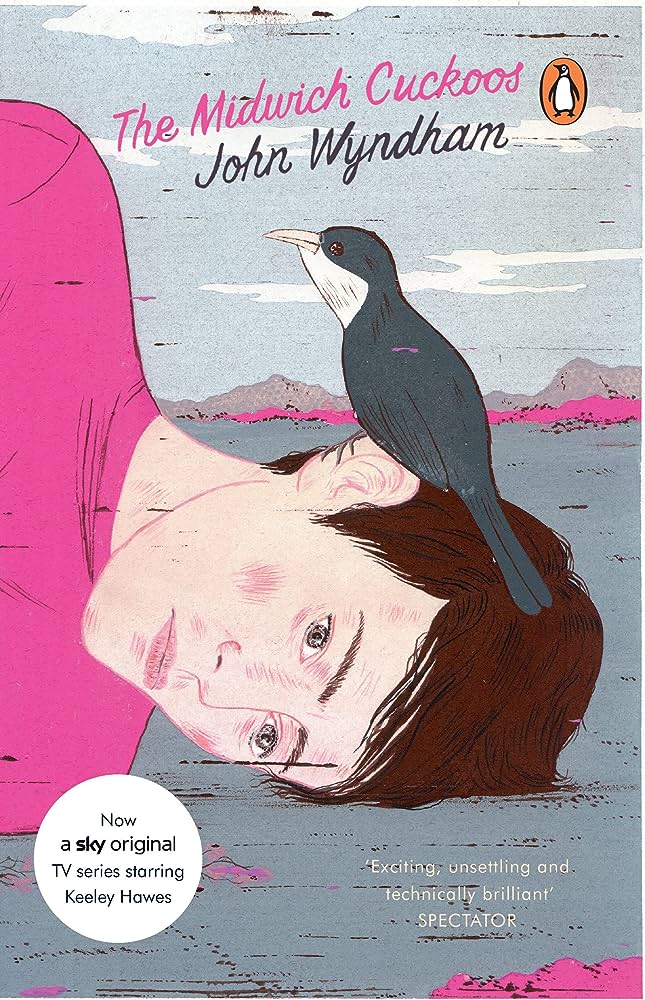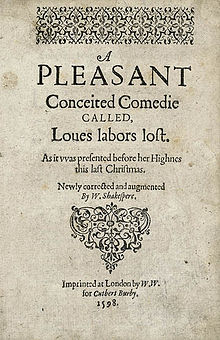How Far Can We Go?
Fiction is, by its very nature, made up. That means writers of stories have to convince their reader that whilst in their world what they are reading can have believably happened. This might seem easy, in theory, when dealing with the domestic; if the novel is about a couple who fall in love then (don’t call me a cynic) as this happens all the time, possibly it’s happened for the reader, then it’s conceivable some made up people have done the same thing.

However for authors of science-fiction it can take on an extra challenge. From whole worlds having to be created into which the reader has to submerse themselves, to twisting our everyday experiences into something most of us would find unbelievable. Yet not only does the reader have to accept this, so do the characters who need to be rounded and accessible and have a good reason why they would give countenance to something we would judge them for if we knew that person in normal circumstances; of course in the novel they would be right to do so and we would most probably be eaten by Chapter Five.
Even though the fictional world and those that populate it are made up, there are still rules that have to be abided by. For an author to break those rules, even if they created them themselves, they need a good reason and a method which does not cause the reader to step out of that world. This has to be played very carefully when adding twists to the plot. Twists have to not be seen coming, but in hindsight make perfect sense, a hard trick to pull off; at best the new direction of the story should be built in first and the previous deceptions in the plot thought up later.
Earlier I said that in theory stories that deal with everyday situations are easier to convince the reader to accept, but this is only in theory. Compare two examples:

In many of Shakespeare’s plays characters meet each other briefly and fall instantly in love, hopelessly devoted to each other they are then prepared to go to extreme lengths to get or stay together. Whilst “the possibility of love at first sight” is another blog in itself and totally outside of the scope of this website, on the whole Shakespeare manages to get his audience to go with it. It propels the plot forwards and the actors often do a lot of work to convince us this is so. I wonder if Shakespeare’s name can carry the weight for us to allow him to get away with things we’d be harsher on with other writers? He certainly proved he knew what he was doing.
“The very instant I saw you, did
My heart fly to your service; there resides
To make me slave to it.”
― William Shakespeare, The Tempest
Compare that, and I’m sorry to lower the tone of this a little, with a plot point from a famous worldwide TV programme, in which after many years of being on air two characters who were just, let’s say, Friends, decided to become a couple. It didn’t work out in the programme and one of them went on to fall in love with the person she was created to be in a couple with (it ended years ago, get over the spoiler). But at the time few believed this new relationship, still to this day it’s become a joke of bad plotting.
NOTE: I just want to point out I fully know that my example is not in keeping with higher literary standards I set for this blog, neither am I much of a fan of said TV programme, but it was the best example I could think of. Please don’t judge me, laughing emoji (oh dear I’ve even introduced emojis now).

Back in the world of science-fiction lots of really strange ideas have to be sold carefully because they are so different from the reality. Often we like this because we want to step away from the ongoing normality that is this world, that makes sense, but it’s not an excuse for the writer to be lazy or push things too far.
How about a story where a large number of women unknowingly fall pregnant by xenogenesis and give birth to aliens who begin to have mind control over everyone? It’s a bit of a far fetched idea, but The Midwich Cuckoos by John Wyndham is a deservedly classic and well loved novel. The reason for this is the way Wyndham tells the story, not just because he uses the first person but his characters act and react as if they really were in a small terribly English village of the 1950s. With so much that we know and trust already there, when use of subtle but clear explanations by Wyndham describe the strange we are just as willing to go with it.
“Mrs Brant had gone into Mrs Welt’s shop one morning to find her engaged in jabbing a pin into herself again and again, and weeping as she did it. This had not seemed good to Mrs Brant, so she had dragged her off to see Willers. He gave Mrs Welt some kind of sedative, and when she felt better she had explained that in changing the baby’s napkin she had pricked him with a pin. Whereupon, by her account, the baby had just looked steadily at her with its golden eyes, and made her start jabbing the pin into herself.”
― John Wyndham, The Midwich Cuckoos

You might argue that because it’s science-fiction we are more open to unusual ideas, but does that mean we can just accept anything? I’m a big Doctor Who fan and over the years that programme has sold us the most absurd concepts, but is there a limit? In one episode first shown in 2014 we were asked to believe that the moon turned out to be an egg of a giant space creature. The episode was set in the future and at the end it hatched and immediately the new creature laid a new moon for us (I don’t care about spoilers here, the episode is terrible and again it’s been 10 years, almost). Elsewhere other creatures were said to be single celled organisms that couldn’t possibly be. At the time there was much derision over this with the makers trying to play the whole thing down claiming because it was science-fiction it didn’t have to be scientifically accurate. Whilst this is technically true, it still needs to have some credibility.
I whole heartedly agree this was an idea that should never have got passed the first writer’s meeting, but why do we find it so ridiculous? Especially compared to other things we maybe thought were clever? In 2005 it turned out the London Eye was a large alien transmitter, but we bought that one. So why is the moon as an egg too far? Like most things in writing I guess it’s a case by case issue. The context needs to be taken into consideration, can you do more silly things in a one off novel than in an ongoing series? It doesn’t seem a good enough explanation. Maybe some ideas just can’t be sold, no matter how hard you try. There’s a good lesson there.
Buy The Midwich Cuckoos – by John Wyndham
Follow My Blog
Get new content delivered directly to your inbox.




